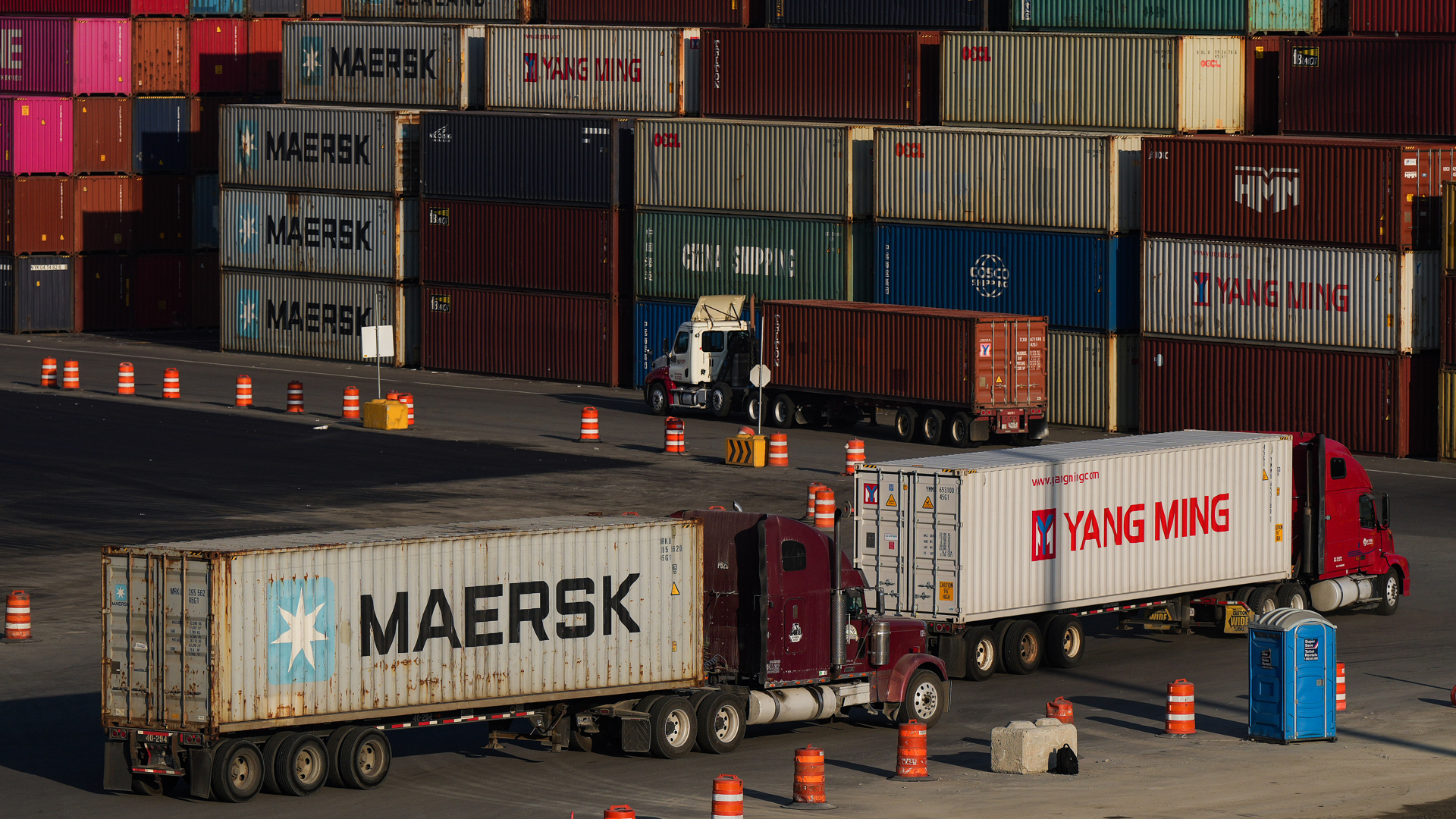
We need a better way to make grain transport policy.
The old line about the unpleasantness of sausage-making applies appropriately to the creation of new laws: they are better if you don’t see them being made. It’s a crude analogy that more often than not happens to be true. The process of drafting legislation can be a messy business.
For the most part, the public sees the turning-sausage-bits-into-laws analogy played out in the media and the political arena. But the real meat-grinder comes before that, carried out in the butcher shop of government offices, where politicians and public servants struggle to bridge political imperatives with sound policy. Those objectives do not always easily line up. Politicians get the final say, of course, as they should, given they’re the ones accountable to the electorate. But getting to that decision point can be messy and frustrating, for politicians and bureaucrats.
That’s where both sides find themselves now on the tough question of grain policy: The new crop year is coming just as Statistics Canada has forecast that Canadian farmers won’t be having a repeat record crop in 2014-15. Last year’s 76 million tonne harvest overwhelmed and clogged the rail transportation system. The problem was compounded by a bitterly cold winter that required running shorter trains for safety reasons, which aggravated the backlog. Last March, complaints from farmers about the railways failing to do their jobs created a political problem for the Conservatives on the prairies. Not surprisingly, the federal government intervened. The policy answer? The government simply decreed that CN and CP had to move at least 5,500 grain cars a week each, or face steep fines.
It didn’t matter that the railroads were already planning to move that number of grain cars once the cold weather subsided. The government knew it too. Accordingly, their order would have no substantive effect on the issue. The point was it looked good. It’s the politics that mattered, and premiers and politicians on the prairies all joined in signing a hallelujah chorus to Ottawa’s action.
Political mission accomplished. But was the policy challenge of putting in place a system that could deal with that kind of surge capacity in the future resolved, or the multiple issues that created the issue ever seriously addressed?
Not a chance.
Much of the blame lies with the classic policy conundrum when the churn of 24/7 politics doesn’t allow time for a reasoned public discussion.
Take the grain troubles. Part of the fault for the backlog rested with farmers themselves. At the beginning of the crop year last fall, many believed some grain prices would rise, so they held their grain back from market in hopes of better profits. It was a rational market decision on their part (indeed it was a reason for getting rid of the Wheat Board). But it also added pressure to the looming backlog.
The demise of the Wheat Board monopoly as a single-desk seller of grain also affected the transportation of grain. It marked an end to a system where the Wheat Board pooled the price it received for grain over the course of the crop year. That meant there was no difference when farmers chose to deliver their grain to the Wheat Board because they would always get the average price for the year, removing the incentive to hold it back in the hope of a price increase. Furthermore, the diminished Wheat Board no longer has control over the allocation of grain hopper cars, which once allowed it to play a critical role in managing the grain handling and transportation system
Meanwhile, the railways revenue cap on moving the grain – a kind of 21st century Crow Rate (albeit higher) – carries its own consequences. Given the imposed financial constraint, it’s little wonder that the railways have less incentive to invest in transporting grain when they can make better returns hauling commodities like potash, oil or metals.
None of these factors makes for good politics. The easier route was to just blame the railways – and loudly order them to do something.
But the problem should force us to ask why would – or should – railroad companies maintain the capacity to handle a surge in volume? Surely no one can rationally expect them to have idle, excess capacity at the ready to deal with a 20-25-million-tonne surge in grain volumes, just in case? Who would pay for that excess when it isn’t needed?
The basic starting principle for good policy-making is to ”œdo no harm.” In this case, the right policy would have been to do nothing. Resurrecting the Wheat Board monopoly was a political nonstarter. So was eliminating the revenue cap on the railroads. Thus the volume surge issue remains essentially unresolved.
This year’s total harvest is expected to be in the range of 55 million tonnes, closer to the average. Without another bitterly cold winter, the return to normal shipping volumes should allow some semblance of common sense emerge to deal with difficult issues. The time to avert the next political crisis with smart policy is now. Otherwise, expect more sausage-making in order for the politicians to look good. Just remember that there’s more to it than you see.







